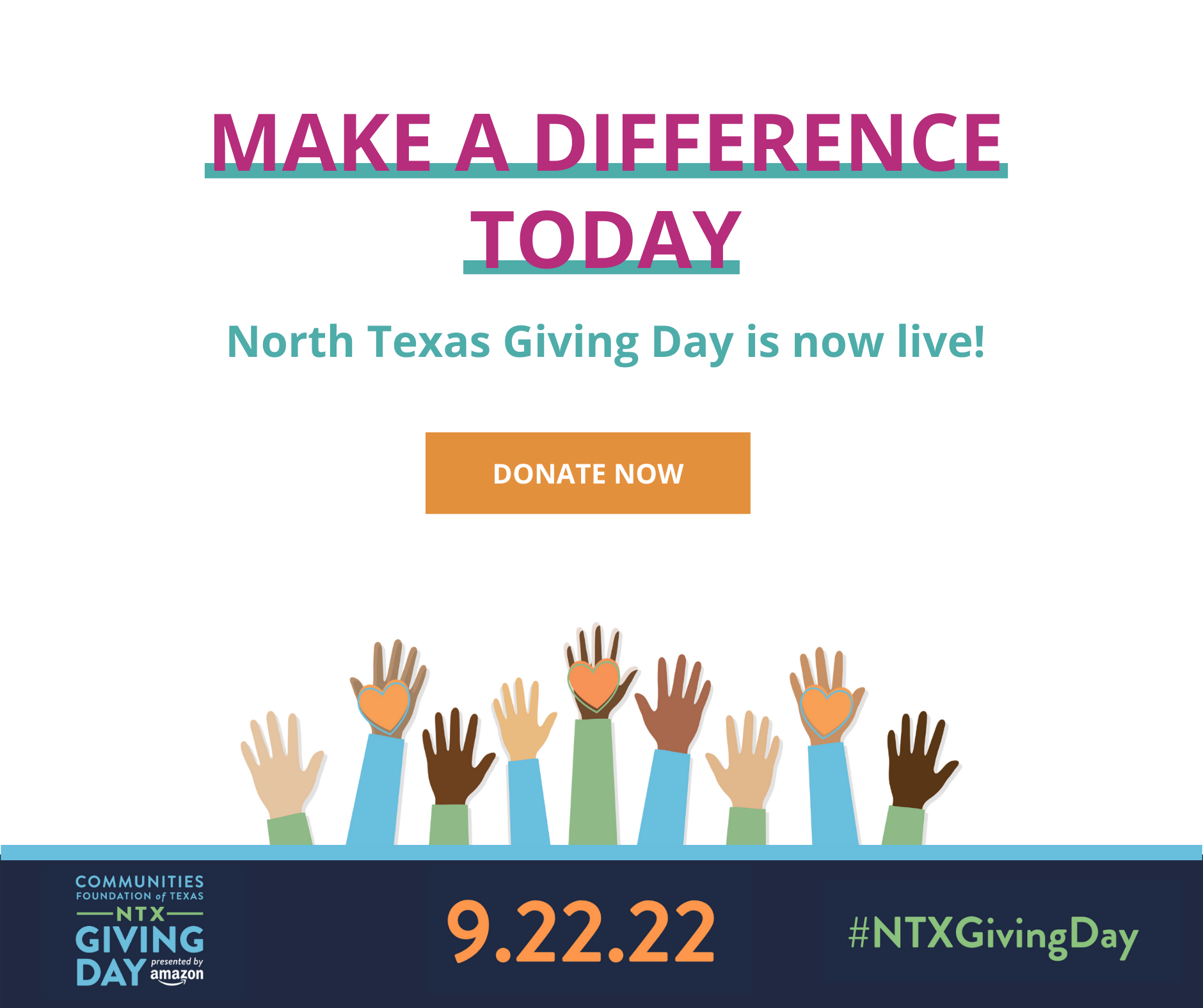By Pamela McPeters
TexProtects Vice President of Public Affairs
The budget is one of the most significant responsibilities of the Texas Legislature. The Senate Finance and House Appropriations Committees of the 86th Legislature will soon be underway crafting the fiscal years 2020-2021 General Appropriations Act. As these committees work on competing interests, including school finance, Hurricane Harvey obligations and many others, it is imperative they prioritize the safety and well-being of Texas children. The child protective services system is experiencing increased pressure which requires investments to continue and build upon the progress made in the 85th Legislative Session. Pressure includes:
- Abuse/neglect reports are projected to increase by 2.1% in FY 2020 over FY 2019 and 2.3% in FY 2021 over FY 2020.
- Investigations are projected to increase by 2.5% in FY 2020 over FY 2019 and 2.6% in FY 2021 over FY 2020.
- The number of confirmed findings of child abuse and neglect is projected to increase by 1.2% in FY 2020 over FY 2019 and 0.9% in FY 2021 over FY 2020.
- Client Services Adoption Subsidies and Permanency Care Assistance caseloads are projected to grow 4.2% in FY 2020 and 8.6% in FY 2021 above FY 2019.
- Day Care is projected to increase 7.1% children served in FY 2020 and a 13.5% in FY 2021 above the projected FY 2019 levels.
- Purchased Client Services are projected to increase 5.0% in average monthly client caseloads in FY 2020 and 10.0% in FY 2021 above FY 2019.
- Foster Care caseloads (FTEs) are projected to grow by 0.3% in FY 2020 and by 0.4% in FY 2021 relative to FY 2019 projected caseloads.
Below are some key priorities for funding:
#1 Expand Prevention Services (DFPS Exceptional Item 8)
Additional Details may be found on pages 534-536 of the Department of Family and Protective Services (DFPS) Legislative Appropriations Request (LAR).
$18.5 million to expand HOPES program into additional counties and increase families served from 4,660 families expected to be served in fiscal year 2019 to 7,060+ families served in fiscal years 20 and 21, an expansion of 26%.
Healthy Outcomes through Prevention and Early Support (HOPES) is a flexible, community-based approach to child abuse and neglect prevention in high-risk counties by increasing protective factors of families served. Currently serves families in 55 Texas counties with children ages 0-5 at risk for abuse and neglect. Families are commonly referred to HOPES by community organizations, clinics, school districts, or self-referral. Families generally participate in HOPES services for 3-12 months.
$12 million provide for a targeted expansion to increase the number of families served through Texas Nurse-Family Partnership from 2,725 families in fiscal year 2019 to 3,975+ families in fiscal years 2020 and 2021, a 20% increase.
Texas Nurse Family Partnership (TNFP) is a voluntary program in which registered nurses regularly visit the homes of low-income women pregnant with their first child. Families must start services with TNFP by their 28th week of pregnancy and can receive services until the child reaches two years of age. TNFP Serves expecting parents, new parents, and caregivers of children under the age of 2. Families are commonly referred by WIC, community clinics, school districts, and health plans. Families generally participate in TNFP services for two years.
In addition we have additional background on HOPES and TNFP here.
#2 Maintain Client Services (DFPS Exceptional Item 2)
Additional Details may be found on pages 516-518 of the DFPS LAR.
$79.3 million for Day Care Services to address growth for fiscal years 2020 and 2021.
Day care services for children while biological parents are receiving services to preserve the family and/or when a child is placed with a relative, along with while a child is in foster care, increase safety. These services may provide for immediate or short-term safety from abuse and neglect; prevent the child from being removed from the home; allow the child to be reunited with the family; address the developmental needs of a child whose physical, social, emotional, cognitive, or language developmental delay is a significant factor in the risk of abuse or neglect in the home; and help stabilize the family.
$52.3 million for Client Services for children and their families starting from intake, relative caregiver homes, foster and adoptive homes and post-adoption.
These services may include evaluation and treatment services, parent/caregiver training, and substance abuse assessments and treatment (individual, family and group counseling).
#3 CPS Initiatives and Operations (DFPS Exceptional Item 5)
Additional Details may be found on pages 525-530 of the DFPS LAR.
$17.8 million to support CPS initiatives including, preparation for adult living skills assessment for older youth, determine eligibility, improve permanency and other frontline staff, case management for certain youth in extended foster care, services for children post-adoption and post-permanency, and medical services staff.
In addition, funding will support case management for youth with complex needs in extended foster care, behavioral health services to promote permanency, and support medical wellbeing.
#4 Maintain Caseloads (Exceptional Item 1)
Additional Details may be found on pages 513-5515 of the DFPS LAR.
$106 million to maintain average daily caseloads at manageable levels for CPS Investigations (13.9 cases), Conservatorship (23.1 cases), Foster/Adopt (17.3 cases), and Kinship (31.4 cases) and reduce statewide intake hold times by about half.
Here is a side-by-side comparison of key Child Protective Services line items from the House and Senate proposed budgets. After each chamber passes its respective version of the budget, they will then have to agree on a final version to send to Governor Greg Abbott.
| House Bill 1 | Senate Bill 1 | Difference in SB1 from HB1 | DFPS LAR Base Request | DFPS Exceptional Item Request | |
| 2020-21 | 2020-21 | 2020-21 | 2020-21 | 2020-21 | |
| STATEWIDE INTAKE | 45,903,260 | 45,903,260 | 0 | 45,903,260 | 16,868,045 |
| A.1.1. Statewide Intake Services | 45,903,260 | 45,903,260 | 0 | 45,903,260 | 16,868,045 |
| CHILD PROTECTIVE SERVICES | 3,702,740,868 | 3,698,484,378 | (4,256,490) | 3,629,796,180 | 323,927,022 |
| B.1.1 CPS Direct Delivery Staff | 1,478,091,278 | 1,536,903,280 | 58,812,002 | 1,517,333,763 | 143,204,700 |
| B.1.2 CPS Program Support | 89,541,930 | 90,159,264 | 617,334 | 90,508,294 | 12,444,948 |
| B.1.3 TWC Contracted Day Care | 197,539,038 | 197,539,038 | 0 | 140,245,446 | 84,278,580 |
| B.1.4 Adoption Purchased Services | 19,563,842 | 19,563,842 | 0 | 19,563,842 | 7,056,161 |
| B.1.5 Post – Adoption/Post-Permanency | 6,976,442 | 6,976,442 | 0 | 6,976,420 | 5,854,961 |
| B.1.6 PAL Purchased Services | 17,987,420 | 17,987,420 | 0 | 17,987,420 | 386,672 |
| B.1.7 Substance Abuse Purchased Services | 16,344,380 | 16,344,380 | 0 | 16,344,380 | 24,234,694 |
| B.1.8 Other CPS Purchased Services | 78,271,948 | 78,271,948 | 0 | 78,271,948 | 10,640,296 |
| B.1.9 Foster Care Payments | 779,127,440 | 1,041,748,299 | 262,620,859 | 1,049,176,063 | 29,108,240 |
| B.1.10 Adoption/PCA Payments | 612,413,881 | 612,413,881 | 0 | 615,753,103 | – |
| B.1.11 Relative Caregiver Payments | 80,576,584 | 80,576,584 | 0 | 77,635,479 | 6,717,770 |
| B.1.12 Community-Based Care Payments | 326,306,685 | – | – | – | |
| PREVENTION PROGRAMS | 209,424,985 | 209,424,985 | 0 | 209,424,985 | 31,242,687 |
| C.1.1 STAR Program | 48,624,721 | 48,624,721 | 0 | 48,624,721 | 9,228,000 |
| C.1.2 CYD Program | 16,845,117 | 16,845,117 | 0 | 16,845,117 | 4,083,600 |
| C.1.3 Child Abuse Prevention Grants | 6,574,786 | 6,574,786 | 0 | 6,574,786 | 800,000 |
| C.1.4 Other At-Risk Prevention | 59,179,881 | 59,179,881 | 0 | 59,179,881 | 9,955,634 |
| C.1.5 Home Visiting Programs | 63,319,104 | 63,319,104 | 0 | 63,319,104 | 5,530,800 |
| C.1.6 At-Risk Prevention Program | 14,881,376 | 14,881,376 | 0 | 14,881,376 | 1,644,663 |




